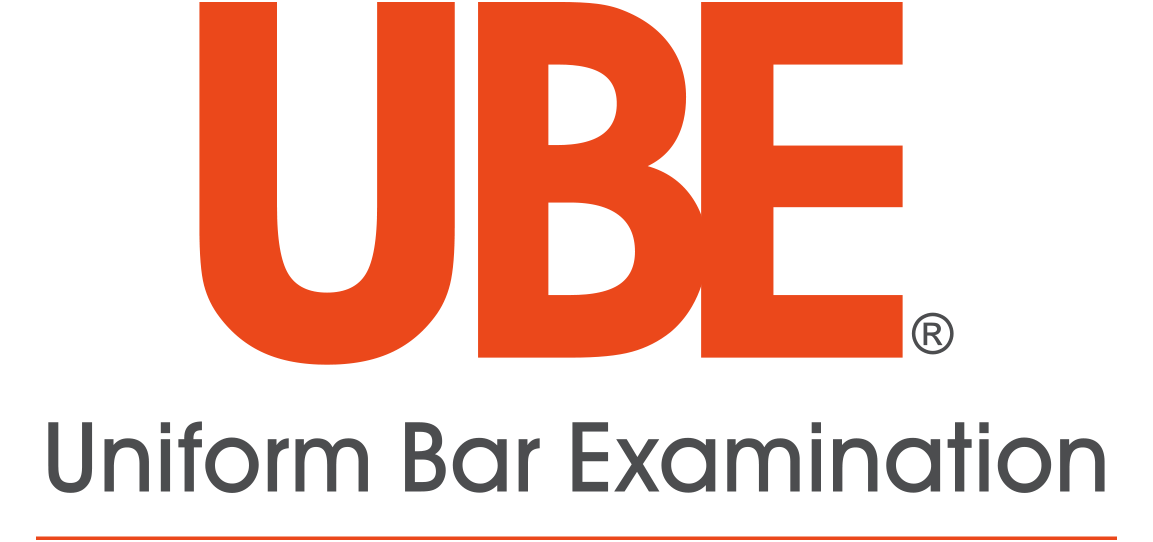
The Uniform Bar Examination (UBE) is coordinated by NCBE and is composed of the following components:
- the Multistate Essay Examination (MEE)
- two Multistate Performance Test (MPT) tasks
- the Multistate Bar Examination (MBE).
It is uniformly administered, graded, and scored and results in a portable score that can be transferred to other UBE jurisdictions.
The UBE is administered over two days, with the MBE given on the last Wednesday of February and July and the MEE and MPT given on the Tuesday prior to that. Jurisdictions that use the UBE may also require applicants to complete jurisdiction-specific law component.
Purpose
The UBE is designed to test knowledge and skills that every lawyer should be able to demonstrate prior to becoming licensed to practice law. It results in a portable score that can be used to apply for admission in other UBE jurisdictions.



